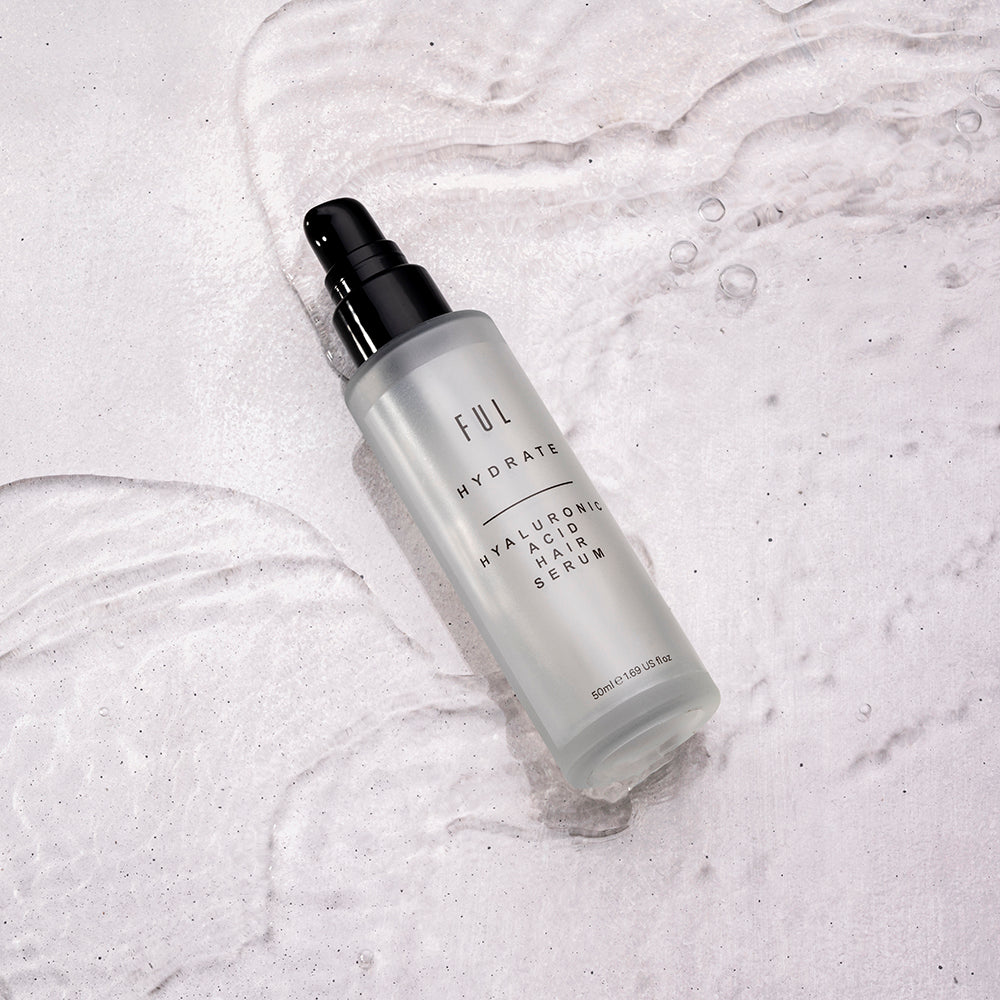An itchy, tight scalp with visible flakes can be frustrating, affecting both comfort and confidence. While many associate flakiness with dandruff, dry scalp is a separate condition caused by a lack of moisture rather than excess oil. Understanding the underlying causes is the first step toward relief. In this guide, we explore why your scalp may be dry and flaky, practical ways to restore balance, and expert tips to maintain a healthy scalp.
What Is Dry, Flaky Scalp?
A dry scalp occurs when your skin loses essential moisture, leaving it itchy, tight, and prone to fine white flakes. Unlike dandruff, which is often linked to oil imbalance or fungus, dry scalp is caused primarily by dehydration, environmental factors, or irritation.
Signs of dry scalp:
-
Fine white flakes on hair and shoulders
-
Persistent itching or tightness
-
Sensitivity or rough texture on the scalp
-
Dryness on other skin areas may also appear
A healthy scalp produces natural oils called sebum, which protect and moisturise hair and skin. When this balance is disrupted, flakiness occurs, creating discomfort and sometimes hair breakage.
Common Causes of Dry, Flaky Scalp
Dry scalp can be triggered by multiple factors. Understanding the root cause is essential for effective treatment.
1. Environmental Stress
Cold winters, hot summers, and indoor heating can strip natural oils from your scalp, leaving it dehydrated and prone to flaking.
2. Hair Care Habits
Over-washing or using harsh shampoos, chemical treatments, or styling products can remove the protective oils your scalp needs. Product residue can further block pores, worsening dryness.
3. Heat Styling
Frequent use of straighteners, curling irons, or blow dryers without heat protection can dehydrate the scalp.
4. Medical Conditions
Eczema, psoriasis, seborrheic dermatitis, and contact dermatitis may trigger scalp dryness, flakiness, and irritation.
5. Lifestyle and Diet
Poor hydration, stress, insufficient sleep, and nutrient deficiencies (like omega-3 fatty acids, zinc, and vitamins A, D, and E) can affect scalp health.
How to Treat Dry Scalp
Proper scalp care combines gentle cleansing, targeted treatments, and healthy habits.
1. Gentle Cleansing
Switch to sulphate-free shampoos and conditioners with soothing ingredients like aloe vera, chamomile, or natural oils. Avoid harsh chemicals and synthetic fragrances that can aggravate dryness.
2. Hydrating Treatments
-
FUL Detox Scalp Treatment: Removes impurities, product buildup, and excess oils while providing hydration.
-
FUL Hyaluronic Acid Hair Serum: Deeply moisturises the scalp, leaving hair soft, nourished, and flake-free.
3. Scalp Massage
Gently massage your scalp with fingers or a scalp brush. This increases blood circulation, stimulates hair growth, and helps treatments absorb more effectively.
4. Heat Management
Use a heat protectant and reduce frequent styling to prevent further dehydration.
5. Nutrition and Hydration
Drink plenty of water and maintain a diet rich in essential fatty acids, vitamins, and minerals to support healthy hair and scalp.
Preventing Dry, Flaky Scalp
The best way to stop flakes from coming back is to create a consistent scalp care routine. Prevention focuses on keeping your scalp hydrated, protected, and nourished over the long term. Here are some ways you can prevent a dry, flaky scalp:
-
Use gentle, nourishing hair products consistently
-
Limit over-washing and harsh styling
-
Protect scalp from environmental extremes (sun, wind, dry heat)
-
Maintain proper hydration and balanced nutrition
-
Manage stress and ensure adequate sleep
Conclusion
A dry, flaky scalp can be uncomfortable, but it doesn’t have to be a long-term struggle. By identifying the underlying cause and adopting a routine that includes gentle cleansing, hydrating treatments, and healthy lifestyle choices, you can restore balance to your scalp. Consistency is key, and with the right care, you’ll enjoy a scalp that feels comfortable, looks healthy, and supports stronger, shinier hair.
For targeted solutions, explore the FUL scalp care range, including the Detox Scalp Treatment and Hyaluronic Acid Hair Serum, designed to hydrate, nourish, and rebalance your scalp. Start your journey to a healthier scalp today.
Frequently Asked Questions (FAQs)
How can I tell the difference between dry scalp and dandruff?
You can tell the difference between dry scalp and dandruff by looking at the flakes and symptoms. Dry scalp flakes are usually small, dry, and white, and are often linked to lack of moisture or irritation. Dandruff, on the other hand, is caused by excess oil on the scalp and is associated with larger, yellowish or oily flakes, sometimes accompanied by itchiness and redness.
Can home remedies help with dry scalp?
Yes. Ingredients like aloe vera, coconut oil, and natural oils can soothe, hydrate, and reduce itching. However, severe or persistent cases may require specialist treatment.
How often should I wash my hair if I have a dry scalp?
Washing 2–3 times per week with a gentle, hydrating shampoo is generally recommended. Over-washing can strip natural oils, worsening dryness.
Can diet affect my scalp health?
Absolutely. Nutrients like omega-3 fatty acids, zinc, and vitamins A, D, E support scalp hydration, reduce inflammation, and improve overall hair health.
When should I see a dermatologist?
If itching, redness, swelling, or thick patches persist despite proper hair care, consult a dermatologist. They can diagnose conditions like eczema, psoriasis, or fungal infections and recommend treatment.


